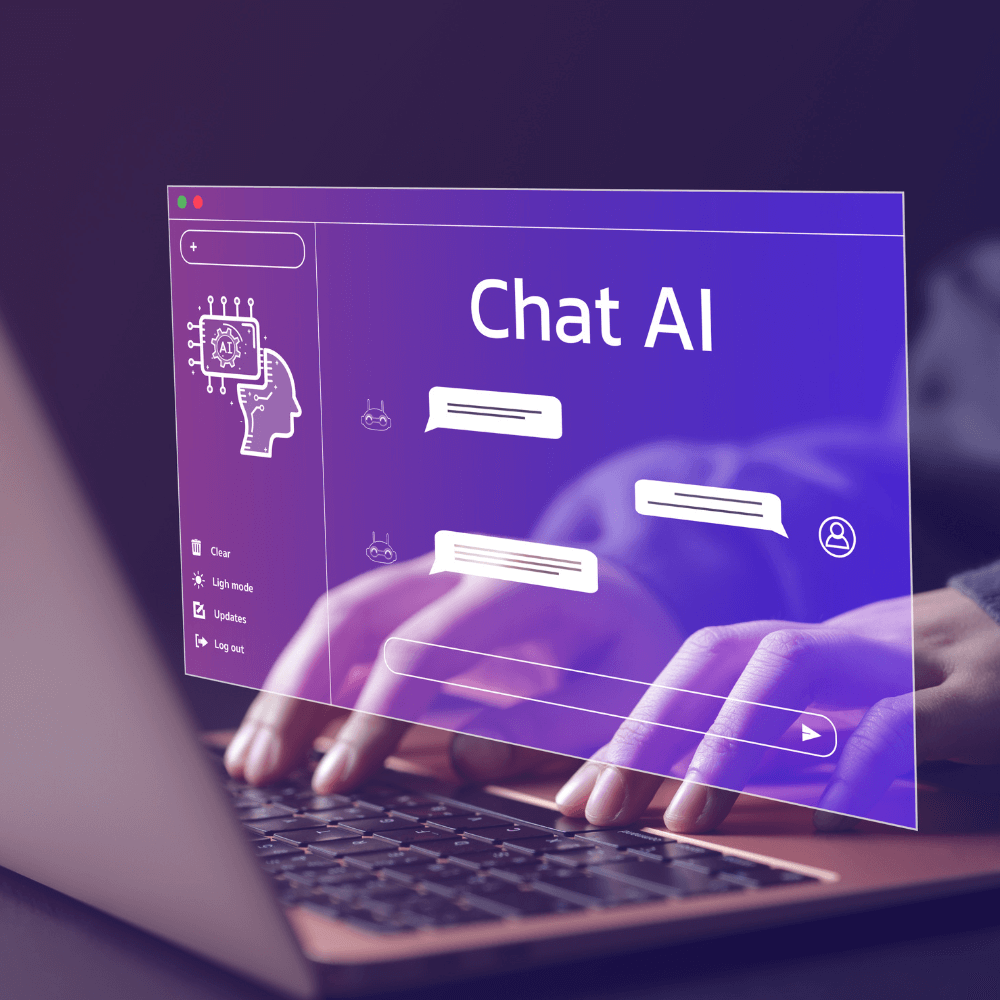Top 10 Ethical AI Companies Leading the Industry
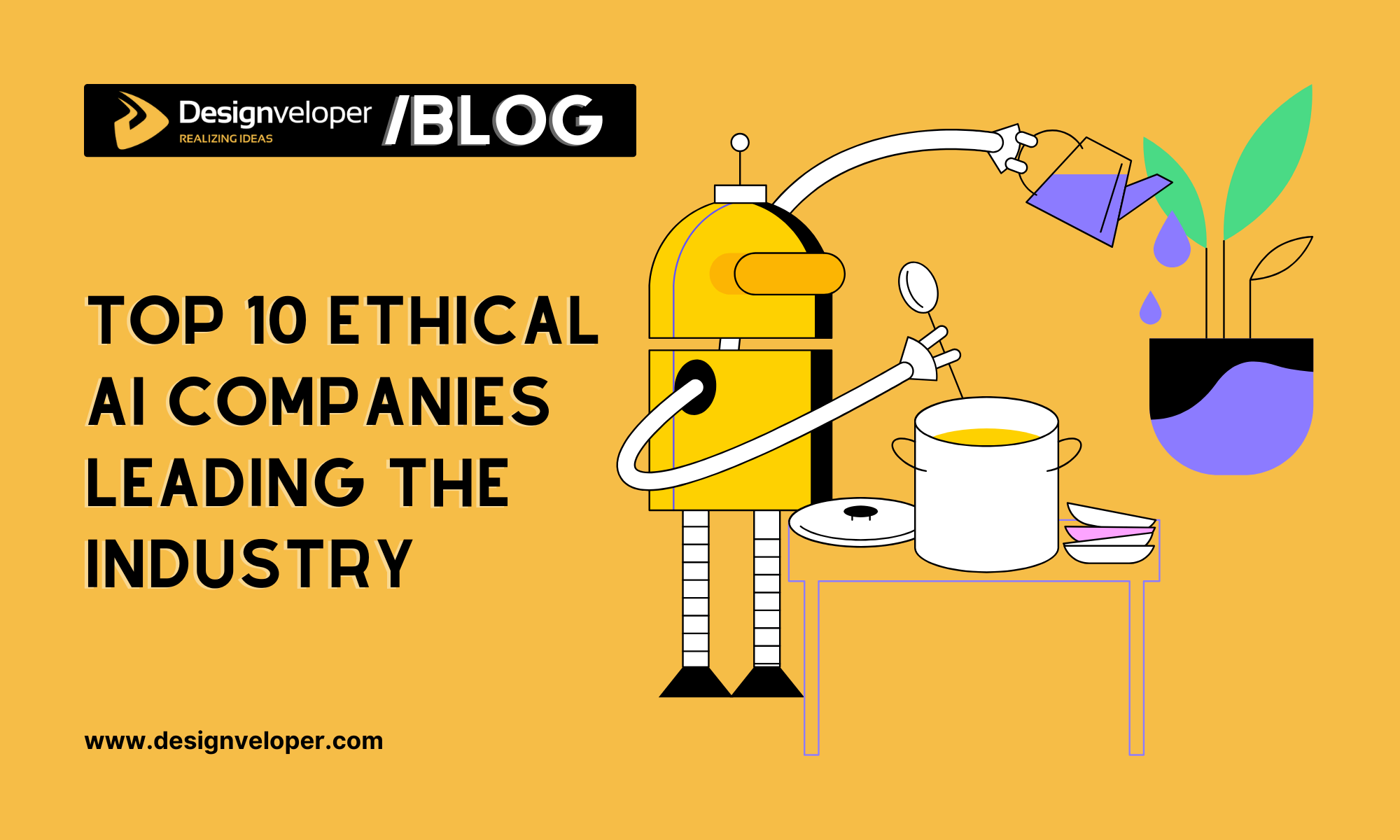
Artificial intelligence (AI) has seen a huge improvement, but that improvement comes with ethical concerns. With the evolution of AI, more and more companies are also opting to practice ethics during AI usage to help cope with transparency, fairness and accountability. This article from Designveloper explores top ethical AI companies leading the industry in 2024. From tech giants to innovative startups, these organizations are paving the way for a more ethical AI landscape.
The Need for Ethical AI
Artificial intelligence (AI) has made great strides, but it has also brought ethical problems. According to recent statistics, today nine out of ten organizations have had to deal with ethical issues related to AI systems. Therefore, it is an urgent need to get ethical AI into practice that ensures fairness, transparency and accountability.
Those are the issues ethical AI companies are tackling head on. Take Accenture: It launched a Centre of Excellence for generative AI and trained 40,000 employees in AI ethics. Similarly, Google DeepMind has been portending greater AI research feats such as AlphaFold, which predicts protein structures and enhances workforce efficiency.
The Stanford Institute for Human Centred Artificial Intelligence reports and others emphasize the importance of measuring AI’s harms alongside its capabilities. This approach leads to the development of AI systems that follow human values and reduce bias.
In conclusion, there’s a great need for ethical AI. To build trust and avoid AI technologies delivering negative consequences, companies need to primarily emphasize ethical considerations in devising their strategies.
What it means to be an ethical AI company

Being an ethical AI company means prioritizing transparency, fairness, and accountability in all AI-related activities. It is about building AI systems that stay respectful of user privacy, with minimal biases. Ethical AI companies also focus on minimizing their environmental impact, and ensuring that their technology is brightening the lives of everyone, not just a select few.
According to recent statistics, 73% of the companies did measure some form of AI in their business structure and out of 200 digital technology companies, only 44 companies disclosed their ethical AI principles. As such, more companies need to invest in AI governance frameworks that are robust.
For instance, IBM has established a whole AI ethics framework of principles that extend from transparency, to fairness, and accountability. They also lay stress on explainability, as well as privacy protection. IBM shares others’ commitment to ethical AI through their open source initiatives, and to collaborate with policymakers and others on how to use responsible AI.
Another example is when FPT (a global technology corporation in Vietnam) joined the Ethical AI Committee in Vietnam. The endeavor of this committee leans toward defining Vietnam’s path for AI and guaranteeing that innovation is in line with societal and human welfare.
In a nutshell—being an ethical AI company goes beyond compliance with regulations. Trustworthy, fair and beneficial to society. Commitment to ethical AI is essential to megatrust with users and long term viability of AI technologies.
Top 10 Ethical AI Companies Right Now
Ethical AI is more important than ever now, in 2024. According to the ever changing AI technology, the companies are focusing on responsible AI, ensuring the fairness, transparency, and accountability of their systems. According to a recent report by Ethisphere, companies with strong ethical AI practices outperform their peers by 12.3%. This highlights the top ethical AI companies leading the charge in ethical AI, setting industry standards and fostering trust among consumers.
Nvidia Corporation
Nvidia Corporation is the leading name when it comes to ethical AI. Nvidia’s commitment to ethical AI is apparent through its broad privacy, safety, and non discrimination. Guiding principles of the company ensure that the AI systems are privacy safe, secure and not biased.
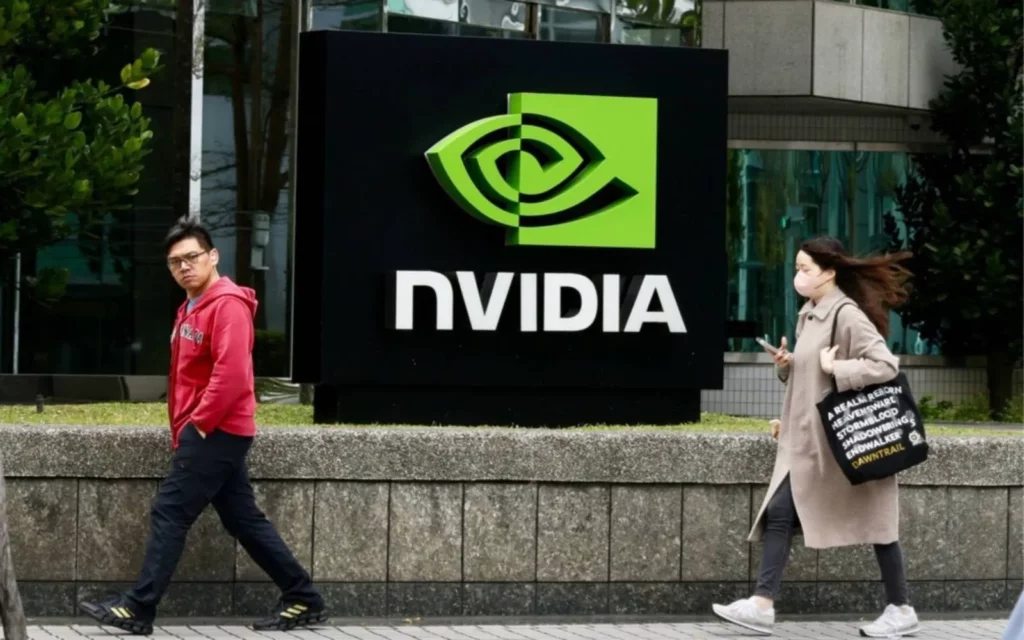
Nvidia’s efforts on ethical AI have been global. To this end, the company has teamed up with multiple organizations to build synthetic datasets of wide variety that reduce unwanted bias from AI systems. Take Nvidia’s NeMo Guardrails as an example, by vetting their applications built on large language models. Nvidia also works with Te Hiku Media to build a highly accurate bilingual speech recognition system for Māori and NZ English.
Another important aspect of Nvidia’s ethical AI practices is the company’s commitment towards sustainability. The company, which has made important strides towards using renewable fuel, seeks to bring net zero emissions. The H100 GPUs, created on the latest Hopper architecture, are 26 times more energy efficient than old CPUs, Nvidia notes. In continuation to this, their focus on sustainability also shows global frameworks such as the United Nations Sustainable Development Goals (UN SDG).
Products & Services
- NVIDIA NeMo Guardrails: Ensures that large language models driven applications are both accurate and secure.
- NVIDIA Omniverse: The tool offers ways to create virtual worlds and simulations.
- NVIDIA CUDA: A parallel computing platform for dramatic computing performance speedups.
- NVIDIA RTX: Alleviates high performance graphics for gaming, professional visualization and AI use cases.
- NVIDIA Hopper Architecture: Provides extraordinary performance, scalability and security, for data centers.
- NVIDIA Ada Lovelace Architecture: Is focused on performance and energy efficiency.
- NVIDIA Material Definition Language (MDL): A programming language for defining physically based materials for rendering.
- NVIDIA NVLink: A high-speed interconnect that provides faster data sharing between GPUs and CPUs.
- NVIDIA Optimus Technology: Optimizes notebook PCs for better graphics performance and battery life.
OpenAI
OpenAI is another leading name among the top ethical AI companies right now. The company has been at the forefront of ethical AI development from the start, and has taken a big step in instilling in AI systems transparency, accountability and fairness.
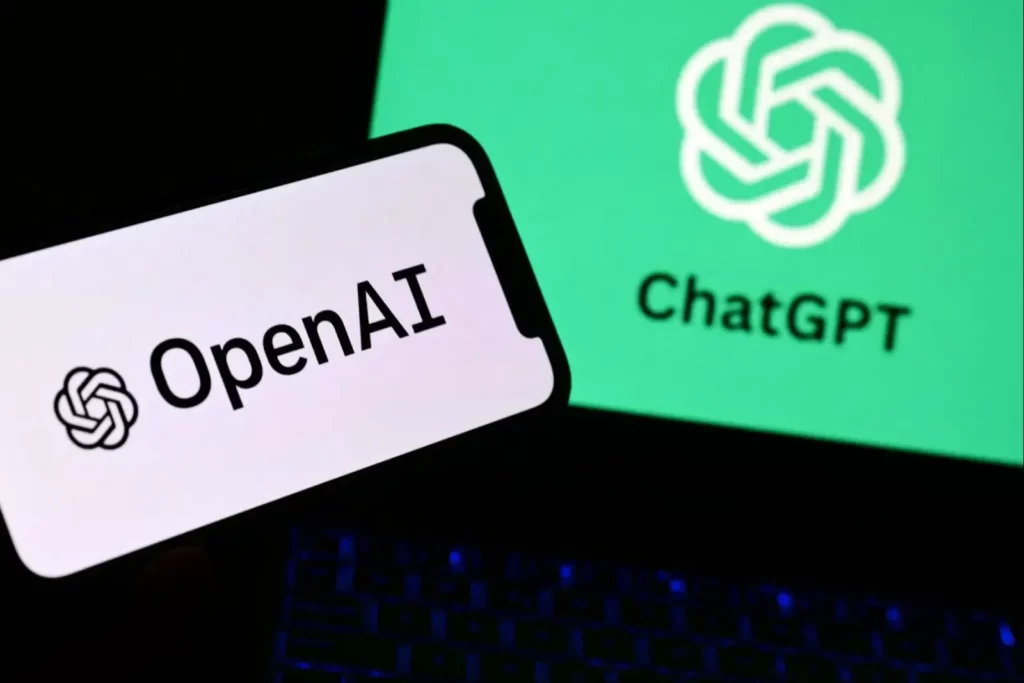
OpenAI has recently been highlighted by reports about their ethical practices. For instance, OpenAI published a white paper on governing agentic AI systems, providing the safety best practices and responsibilities for each stakeholder. The point this paper focuses on is that AI needs to be integrated responsibly into society so as to avoid potential risks.
OpenAI has also been working to fix bias in AI algorithms. The initiatives of the company are centered on ensuring the alignment between human values and AI system, and that existing biases don’t get propagated. In addition, OpenAI has received mentions as leading the charge in various reports: for example, World Benchmarking Alliance’s Digital Inclusion Benchmark — which seeks to benchmark digital technology companies on ethical AI principles — has mentioned them.
Products & Services
- GPT-4: OpenAI’s latest language model, known for having an advanced natural language understanding and generation.
- DALL-E 2: OpenAI’s cutting edge work in creative AI — an AI model that can create images based on text.
- Codex: Converting natural language to code, a tool aiming to help programmers write code more easily and in a faster way.
- APIs: OpenAI provides developers with diverse APIs through which they can integrate and use its AI models into their applications at the same time promoting the widespread use of ethical AI technologies.
Google DeepMind
Google DeepMind stands as a leading name among the top ethical AI companies. Founded in 2010, it has gained great momentum in not only being a pioneer in AI research and development. DeepMind has a firm commitment to their ethical responsibility to make sure its AI technologies are leaning up to a very high standard and do not contain any biases.
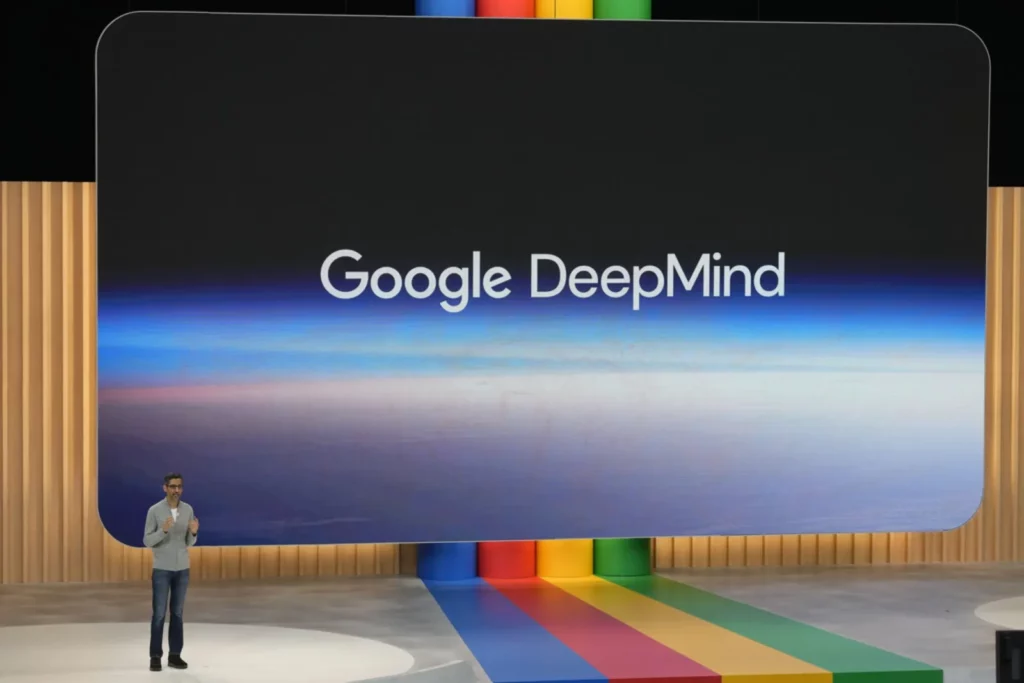
The standout from DeepMind is AlphaFold, an AI system that predicts protein structures with accuracy. But this breakthrough could tremendously speed up the entire drug discovery process and has placed a heavy impact on clinical research and medical research. The work done by DeepMind and its AlphaFold study is a symbol of the firm’s willingness to use AI for socially beneficial purposes.
To investigate the real world impacts of AI and to help build AI that is fair, safe and ethical at DeepMind, they founded the DeepMind Ethics & Society research unit. The experts from various fields working in this unit are collaborating to meet the ethical and social challenges of AI.
Besides that, DeepMind actively writes about AI ethics in its blog and publications. The company highlights the necessity of transparency (and accountability, and human control) in AI systems.
Products & Services
- AlphaFold: A tool that estimates protein structures with high accuracy helps medical research and drug discovery.
- DeepMind Ethics & Society: Exploring ethical and social impacts of AI, a research unit.
- Publications and Blog: Updates on ethical AI practices and research findings and discussions.
Microsoft
Ethical AI can be counted on as one of the leading operations of Microsoft. The company has had a very good track record in terms of responsible AI development and usage. Microsoft is engaged passionately in ethical AI through, among other things, its full devotion to the fairness, reliability, privacy, security, inclusiveness, transparency, and accountability of AI.
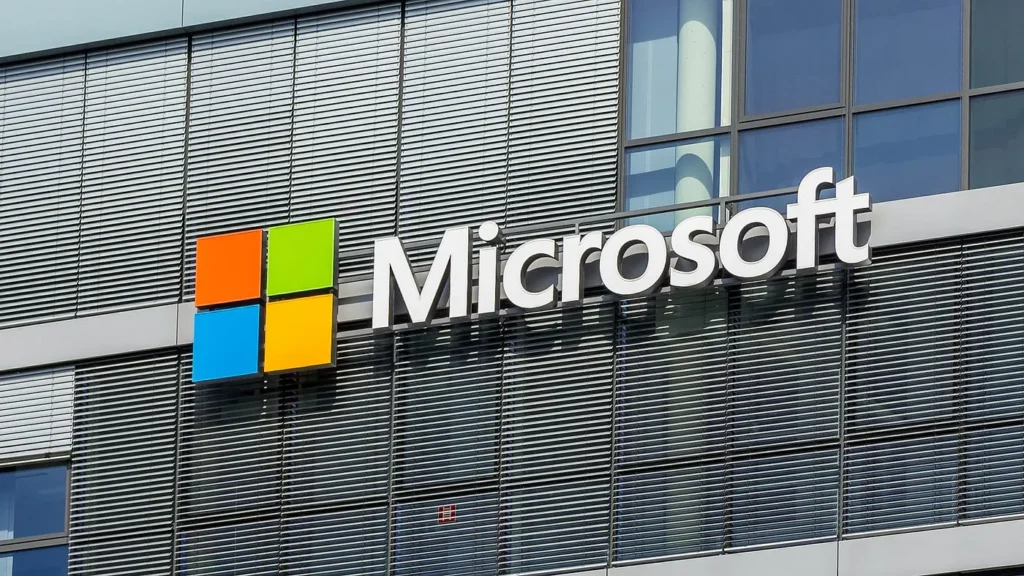
Part of Microsoft’s key efforts in this direction is the AETHER (AI, Ethics, and Effects in Engineering and Research) Committee. This is an internal committee intended to respond to issues of ethical concern in AI, and to recommend best practice in how responsible AI should be carried out. In addition to this, Microsoft works with different organizations like UNESCO to develop joint initiatives focusing on promoting the application of ethical AI.
In the last few years, Microsoft has launched a number of tools and resources to help responsible AI development. For example, the Responsible AI Dashboard and Human–AI Experience (HAX) Workbook are resources that organizations can use to put best practices for human AI interaction into action. Microsoft also leverages Microsoft’s Azure AI services which contain built in responsible AI features to detect and mitigate harm.
Indeed, Microsoft has been very talked about when it comes to ethical AI. Microsoft is the leader in the generative AI business in the cloud AI engagements market, according to a report from IoT Analytics. But, the company’s partnership with OpenAI has made it an industry frontrunner in the AI powered future of cloud computing.
Products & Services
- Azure AI Services: A comprehensive suite of services for building intelligent apps with AI.
- Azure OpenAI Service: Offers cutting edge language and vision models to build generative AI applications.
- Azure AI Content Safety: This tool monitors text and images to see if it includes offensive or inappropriate content.
- Azure AI Translator: It translates text and documents in real time in more than 100 languages.
- Azure AI Speech: Provides speech-to-text, text-to-speech, speech tranlsation and speaker recognition services.
- Azure AI Vision: Optical character recognition (OCR) and machine learning detect faces and read text and analyze images.
- Azure AI Language: This chatbot builder essentially builds conversational interfaces, summarizes documents and analyzes text using pre-built AI powered features.
- Azure AI Document Intelligence: Extracts text, key/value pairs, tables and structures from documents using advanced machine learning.
Amazon Web Services (AWS)
Amazon Web Services (AWS) is a leading name among the top ethical AI companies right now. Thousands of people have signed their compact for responsible AI usage, and those tens of thousands have signed becoming ambassadors for this calling and furthering education on responsible AI. To promote transparency, fairness, and accountability relating to AI, the company has launched a number of initiatives.
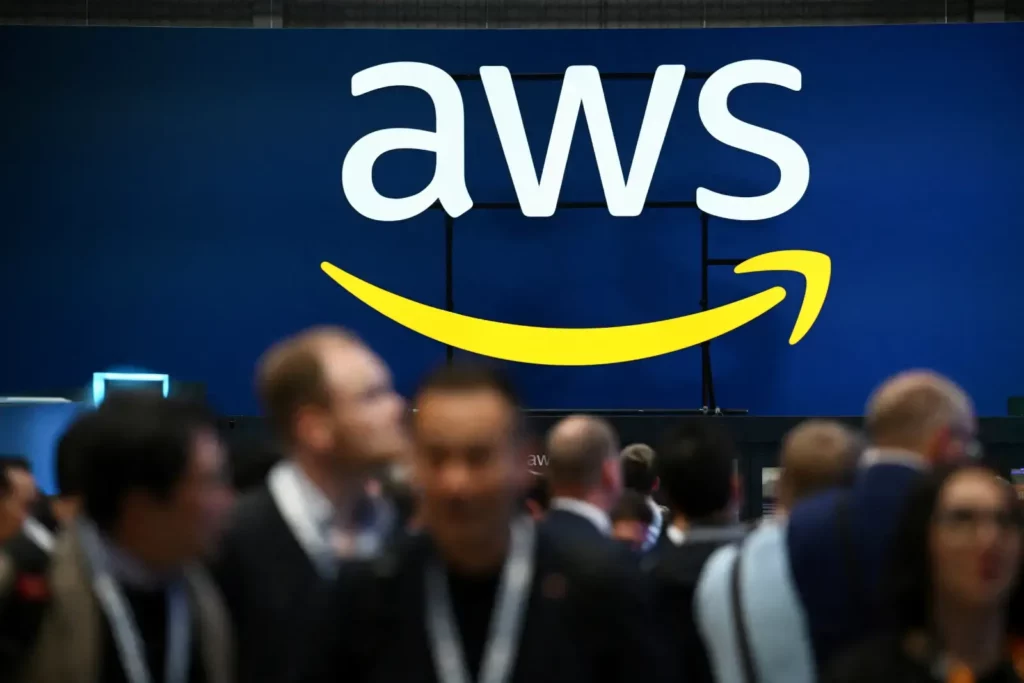
The launch of Automated Reasoning Checks by AWS was one of the notable efforts. This tool, introduced at the re:Invent conference, can help cut down AI hallucinations by mathematically proving the accuracy of responses created by big language models (LLMs). With this, you know that AI generated responses are factual and reliable, which is vital for not compromising the credibility of enterprise applications.
Additionally, AWS has rolled out the AWS Security Incident Response service, tailored to assisting businesses in a more effective cybersecurity threat response. This service works with Amazon GuardDuty and other third party cybersecurity tools to offer a full suite incident response. AWS helps businesses recover quickly from cyberattacks by automating triage and remediation of security incidents.
Furthermore, Amazon has been producing other products based on their customer service, the latest being Amazon Connect service. Among the new updates to Amazon Connect, you’ll find proactive customer outreach and AI‑powered recommendations for campaign managers. These updates help enterprises achieve a more robust solutions approach by tackling customer issues before they happen.
Products & Services
- Automated Reasoning Checks: Validates response accuracy in order to reduce AI hallucinations.
- AWS Security Incident Response: Enables automating of triage and remediation of cybersecurity incidents.
- Amazon Connect: Customer outreach proactively and A.I. powered recommendations for the campaign managers.
IBM
IBM is a pioneer in ethical AI: it persistently works to stay innovative while remaining responsible. To assist in the creation, development and deployment of AI systems, the company has created an exhaustive AI ethics framework with principles and practical implementations. Transparency, explainability, and fairness are commitments in IBM’s efforts to provide ethical AI to ensure that AI applications are transparent, explainable, and fair.
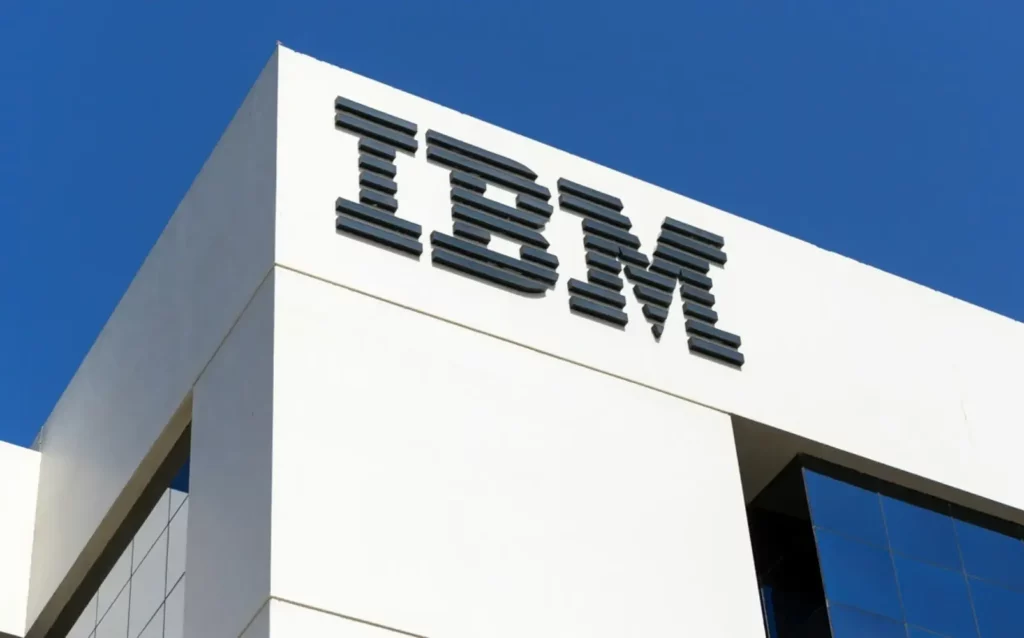
Trust is one of the most important aspects of how IBM approaches ethical AI. Explainability and transparency of AI systems are a must in order to build trust with users, said Francesca Rossi, IBM Fellow and Global Leader for AI Ethics. Such risk assessment processes, education and training activities, software tools and integrated governance program implemented by IBM is used to achieve this. It also has an AI ethics board to examine within the company the responsible usage of AI.
Moreover, other examples of IBM’s dedication to ethical AI include open source initiatives. It released its Granite models to open source with no restrictions on that use, even for profit or to compete with Granite. These models are built to fit the standards expected by responsible enterprise applications. IBM also wants smart AI regulation that enables AI use while acting as a guardrail for that use.
Products & Services
- IBM Watsonx: An AI Powered Data platform with a portfolio of AI powered assistants.
- IBM Granite: Open sourced, high performing AI models trained on a family of trusted enterprise data.
- IBM Consulting: Redesigning workflows & helping businesses scale their AI offerings.
- Hybrid Cloud Solutions: AI-ready infrastructure to better scale AI applications.
Meta (formerly Facebook)
Meta (formerly Facebook) is a leading name among the top ethical AI companies right now. They’ve gone a long way to ensure their AI systems are built and used responsibly. In the spirit of ethical AI, Meta has committed to many initiatives designed to combat misinformation, improve transparency, and ensure fairness.
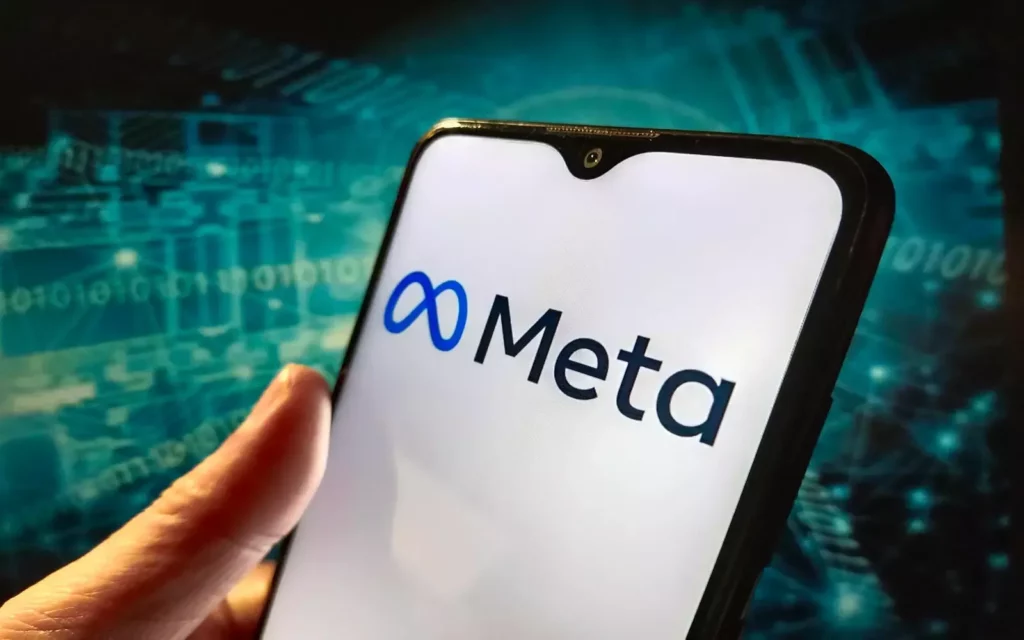
Meta’s key initiative is to develop AI driven misinformation detection tools. It is therefore these tools that allow for the detection and containment of harmful information as it begins to spread. As just one example, Meta leverages powerful AI technology to automatically identify new instances of previously flagged content and to flag potential misinformation for review. However, this proactive approach has resulted in more than 180 million pieces of content marked as misinformation in the US alone from March 1st to Election Day.
Besides misinformation detection, Meta is working on building generative AI responsibly. They’ve released a generative AI foundation model, Llama 2, to the developer community and shared a Responsible Use Guide with best practices for deploying generative AI models responsibly. Meta’s approach involves transparency, provenance, and feedback loop to ensure people can make responsible and safe use of generative AI features.
Meta’s first human rights report included their responsible innovation strategy, where Meta outlined how such efforts have worked in ethical AI. The report shows Meta’s intention to deal with possible human rights implications from its products and policies.
Products & Services
- Misinformation Detection Tools: Identify and mitigate harmful content using AI driven tools.
- Generative AI Models: Llama 2, an open source generative AI model with a Responsible Use Guide (RUg).
- Human Rights Report: Meta discloses how it implements its responsible innovation strategy and employs AI.
- Responsible AI Team: Human rights and ethical AI governance through cross disciplinary teams.
Anthropic
Anthropic is a leading name among the top ethical AI companies. The company was founded in 2021 by former OpenAI employees Dario Amodei and Daniela Amodei, and works on developing reliable, interpretable, and steerable AI systems. The company has become well known in its commitment to AI safety and ethical development.
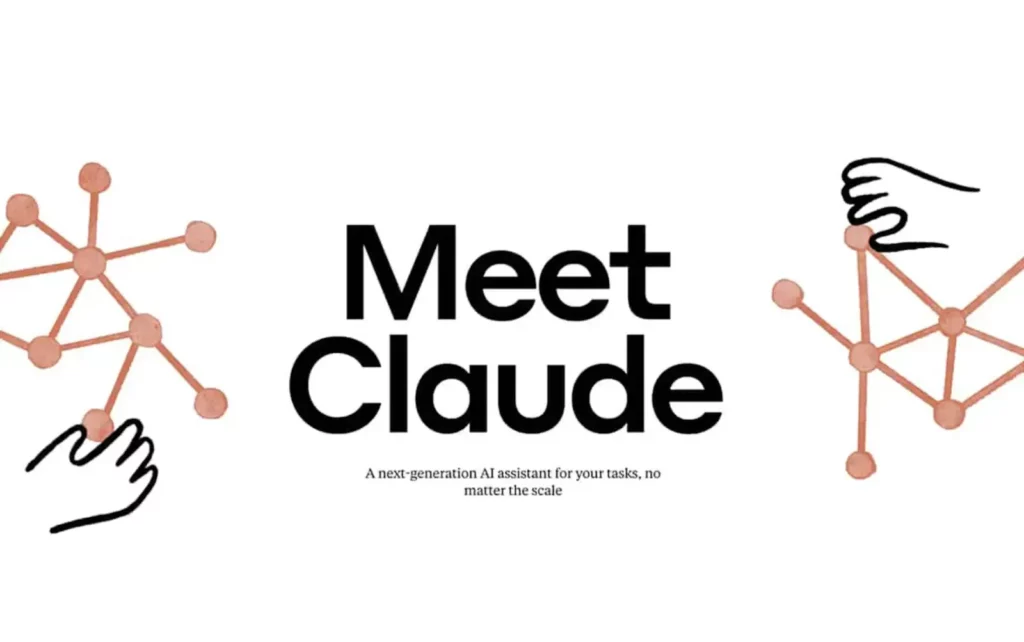
Anthropic brought the Model Context Protocol (MCP), an open standard to enable the communication between AI apps and data sources, in 2024. With this protocol, instead of replacing all integration points like earlier attempts did, they aim to design a universal solution to replace most of them, helping developers to build more connected and efficient AI systems easier. Companies big and small have already adopted the MCP; companies including Block Inc. and development tool companies like Zed and Replit.
Anthropic’s commitment to making AI safe comes from being an interdisciplinary team that also brings together skills from physics, policy, product development and machine learning. The company has been able to attract investment from tech giants such as Amazon and Google in its research and development, which allows understanding of what it could mean for the future of ethical AI.
Products & Services
- Claude: A family of large language models (LLMs) developed by Anthropic for use in competition with OpenAI’s ChatGPT and Google’s Gemini.
- Model Context Protocol (MCP): An open source protocol for connecting data sources to AI apps removing integration complexity and improving efficiency.
- Claude for Enterprise: Customized AI solutions for businesses, ensuring reliable and ethical AI implementation.
- Research and Development: Ongoing projects focused on AI safety, interpretability, and societal impacts.
Databricks
Databricks is a leading name in the realm of ethical AI. The company is committed to progressing in the responsible development and deployment of AI via being transparent, secure and governed. Databrick’s take on responsible AI is monitoring all the way through the AI lifecycle, through privacy controls and governance. This commitment to ethical AI practices has earned Databricks recognition as one of the top ethical AI companies.

A Responsible AI Testing Framework is one area where Databricks clearly stands out. AI red teaming, testing for vulnerabilities, biases and privacy concerns are parts of this framework. To guarantee that Databricks’ AI models are robust, trustworthy, Databricks uses techniques such as automated probing and classification. Apart from that, the company underscores the significance of evaluating, and making changes to new threats, and challenges in the AI landscape.
As far as ethical AI goes, Databricks’ efforts are real. To assist organizations in fulfilling their new and evolving regulatory obligations and to effectively introduce responsible AI practices, the company is also working with other organizations. Databricks has taken a proactive approach and becomes a trusted partner for companies wanting to incorporate AI ethically and responsively.
Products & Services
- Databricks Data Intelligence Platform: Offers tools for building, training and deploying AI models centered around responsible AI.
- Responsible AI Testing Framework: Also includes AI red teaming and automated probing for robustness modeling and trustworthiness.
- AI Governance Solutions: It leads organizations to comply with AI regulations and implement ethical AI practices.
- Privacy Controls: Secure data and privacy of data are ensured through the entire AI development and deployment process.
- Adversarial ML Lab: Continuous research and testing is conducted to detect and mitigate possible vulnerabilities in AI models.
Figure AI
Figure AI is a standout among the top ethical AI companies leading the industry. According to a new report, company Figure AI has put rigorous ethical checks in place to make sure that its AI systems don’t exacerbate biases or unfair outcomes. This dedication to ethical practices has earned the company a spot among the top ethical AI companies in 2024.
Contributing to reducing bias in AI systems is one of the key statistics in illuminating Figure AI’s impact. The company’s developed innovative algorithms prove to reduce bias up to 40% in different applications.
Along with its technical advancement, Figure AI also works with the community to define ethical practices in the AI space. They have assemblies and workshops aimed at teaching other organisations how to effectively implement ethical AI. Many participants have found these efforts well received, and have reported significant improvement in their own AI systems after following Figure AI’s suggestions.
Products & Services
- Ethical AI Framework: Guidelines and best practices for developing and deploying AI systems into society responsibly.
- Bias Detection Tools: Algorithms aimed at detecting and eschewing bias inside AI models.
- AI Ethics Workshops: Educational sessions to promote ethical practices in organizations around AI.
- Community Engagement Programs: Engaging with the broader AI community and sharing what they are learning on ethical AI.
How Designveloper Can Help Build Ethical AIs
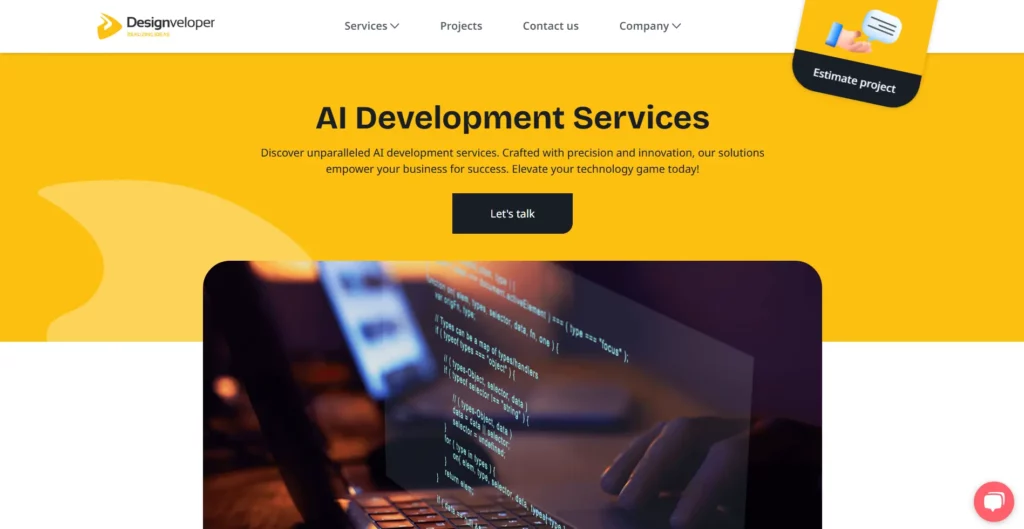
At Designveloper, we are dedicated to creating ethical AI solutions that promote transparency, fairness and accountability. At every stage of AI development, we incorporate ethical principles to safeguard against the creation of untrustworthy and value inconsistent AI systems.
- Transparency and Accountability: At Designveloper, we make AI development transparent so our clients know how and when AI systems make decisions. Our documentation is well defined and easy to understand so you can trust us and hold us accountable.
- Fairness and Bias Mitigation: We’re constantly working to remove biases from AI systems. We then use different datasets and fairness algorithms to make sure our AI solutions do not repeat existing biases, and they are fair for everyone.
- Privacy and Data Protection: Designveloper has top priority to protect the user data. We provide robust data protection measures and next global privacy regulations are complied with to protect sensitive information.
- Collaboration with Stakeholders: Designveloper works with governments, academia, and private companies to come up with and put ethical practices of AI in place. Our approach to AI solution through collaboration comes with the guarantee that it’s socially responsible and beneficial to whoever uses it.
- Continuous Improvement: As always, we are dedicated to improvement and keeping current with the latest in ethical AI. Our AI systems stay ethical and effective through our regular reviews and updates to our practices.
Conclusion
The landscape of ethical AI is rapidly evolving, with top ethical AI companies leading the charge toward responsible innovation. They are prioritizing transparency, fairness, and human centered design and in doing so setting new standards to these rules. With AI changing industries, these companies’ commitment to ethical practices means that technology is for a good cause.



































